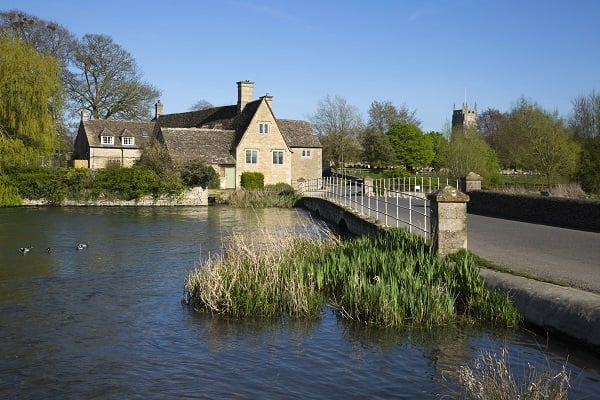Buying your first home has long been regarded as one of the most stressful things you can do. And with the UK officially in recession for the first time in 11 years due to the impact Covid-19 has had on the economy, stress levels are likely to rise.
For anyone looking to buy their first home during the recession, there is a lot to weigh up before making the decision.
Below Nima Ghasri, Director at regulated property buyers, Good Move offers tips on the things to consider if you’re looking to buy your first home during the recession.
Sounds cliché, but the more money you have saved, the better. You need to establish how much money you can put towards the cost of a new home. Usually, the bigger your deposit, the better the mortgage rate you’ll be offered. Plus, your monthly repayments will be lower. I advise saving a minimum of 10% of the cost of the property to obtain a mortgage. But a deposit of 25% will allow you to get a better deal.
It’s never been more important to protect your finances. Therefore, if you’re looking to purchase a home during this time, I suggest you speak with a financial advisor. Using a financial advisor and their expertise will ensure you get the best possible mortgage for your circumstances at the best possible rate. They’ll also help you to navigate the market with it being your first time and explore different options.
Recessions lead to job and income losses and there are consequently fewer people looking to invest in something as expensive as a new home, meaning house prices generally fall during a recession. Although this can cause issues for sellers, lower prices mean it can be easier for people to get on the property ladder and buy a home, especially first-time buyers.
You may find current homeowners are willing to lower their asking price to sell their home as quickly as possible, which also means you can get a great price on a property during a recession. However, you should be wary of these cheap house prices before committing to buying the property. Although it may seem like you’re getting a bargain, not every home selling for cheaper will be a good deal.
Generally, the lowest-priced homes will require many repairs that will cost buyers in the long run, so be wary of this when looking to buy a cheaper home as you may end up spending thousands on big repairs late. I advise thoroughly checking out the property before you commit to it and ask important questions to determine how much work the property needs. Don’t get swept away in a low house price or jump at the first-rate a mortgage lender offers. This is a big decision and one that needs to be thought about carefully.
Your first house viewing can be exciting and likely, you’ve already been won over by pictures of the property you’ve seen online or at an estate agents. But it’s important to never take a home you’re interested in buying on face value, and try not to get carried away by excitement – you should be thorough with your house viewings to make sure this is the right home for you. Check for factors including if the doors and windows are secure and efficient, if the current owners have experienced disputes with neighbours, if there is any damp or holes in/on walls, are the electrics/plumbing up to standard, and are there any structural issues. Having a checklist prior to your viewing will ensure you cover all of the important factors.
As I mentioned previously, don’t rush the process. It may take your several months to find your ideal property, and that’s okay. Transactions can take a while too. Purchasing your first home is probably one of the biggest financial commitments you’ll ever make, so it’s very important not to rush it.






Leave a Comment